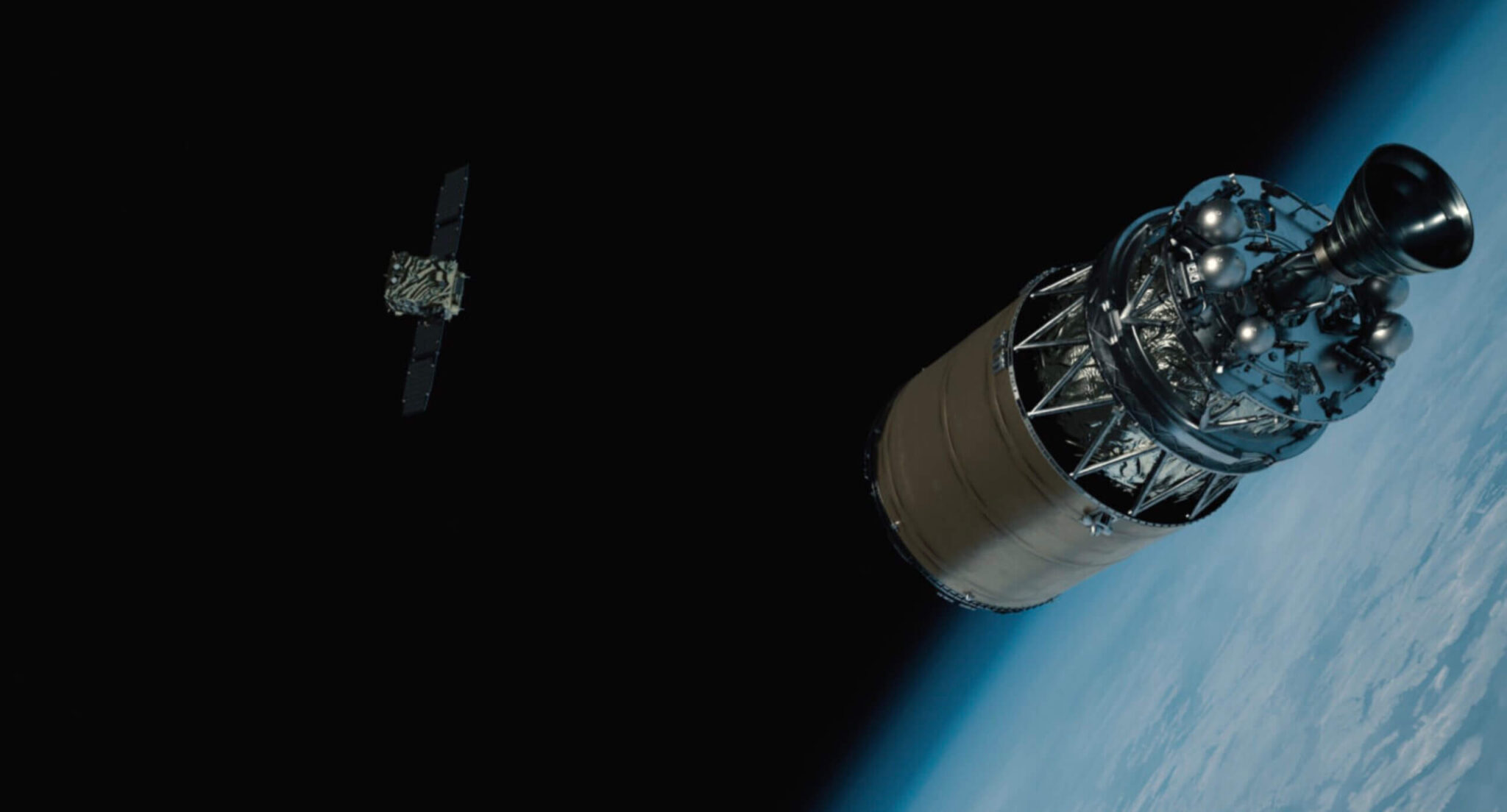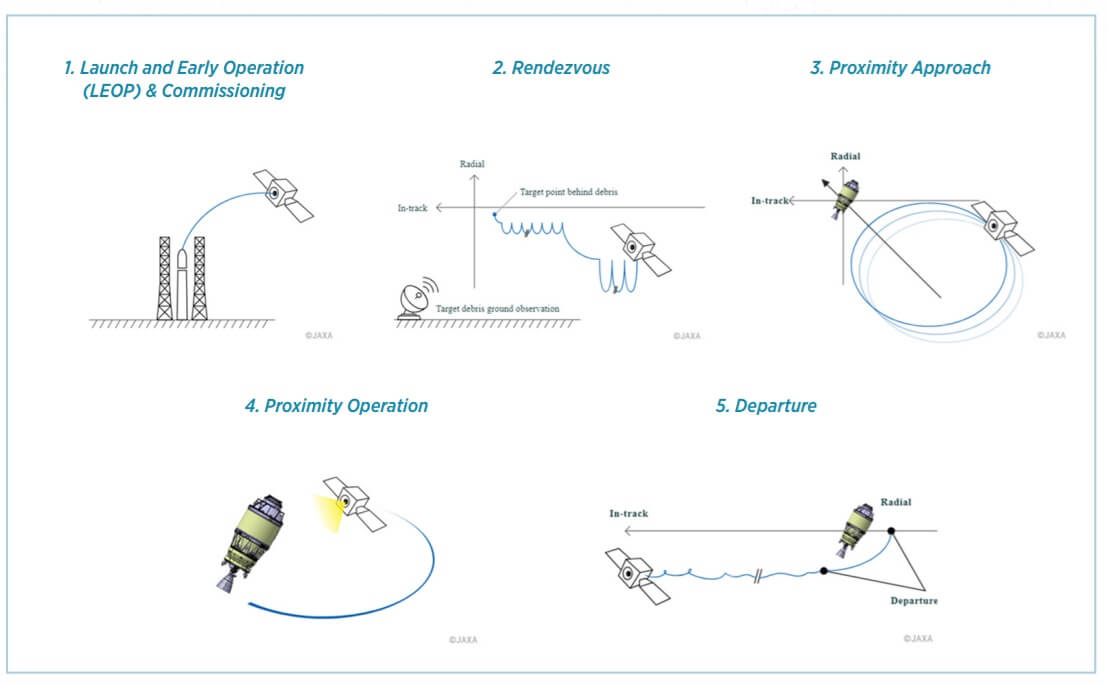mission ADRAS-J which was launched into space to locate a piece of malfunctioning satellite 11 meters long and weighing 3 tons, will set new standards in the field of arrival and active removal of space debris, as well as in the provision of service to malfunctioning satellites in orbit around the Earth.

Astroscale, which provides a unique service in satellite service and long-term orbital sustainability, successfully launched the ADRASJ satellite tonight. The satellite, which was launched on Rocket Lab's Electron launcher from the launch site in New Zealand, is the first attempt in the world to safely reach, characterize and analyze the condition of an extremely large piece of space debris - in this case, the third stage of an old Japanese launcher that is about 11 meters long and weighs about - 3 tons out of action and cruising in space, to decide on the right way of handling it. Astroscale's satellite is equipped with advanced sensing and machine vision means, which are supposed to collect information about the movement of the malfunctioning satellite, its condition and structure.
ADRAS-J was selected by the Japan Aerospace Exploration Agency for Phase I of the implementation of a program for the commercial disposal of space debris and Astroscale Japan is responsible for the design, manufacture, testing, launch and operation of the satellite. according to Eijiro Atarashi, ADRAS-J project manager, the mission not only demonstrates innovative rendezvous and proximity capabilities that will support future in-orbit services, including debris removal, but is also a significant step forward in creating a sustainable orbital environment for future generations.

"In an era where space exploration and space commercialization are accelerating at an unprecedented rate, the issue of space debris has emerged as a critical challenge that requires immediate attention," says Ofir Azriel, CEO of Astroscale Israel. "As someone committed to ensuring the safe and sustainable development of space for future generations, Astroscale has developed innovative solutions spanning the entire spectrum of on-orbit service. The new initiative, the ADRAS-J mission, is ready to set new standards in the field of active space debris removal (ADR) and service in space orbit around the Earth.'
The spacecraft is equipped with special navigation sensors and advanced rendezvous capabilities and will attempt to safely approach and characterize the abandoned satellite in space. One of the main difficulties: the abandoned satellite does not transmit GPS signals indicating its location and the information is relatively limited. The mission will lay the infrastructure for one of the first active waste removal missions in the world, and for situational awareness. "The ADRAS-J mission creates a precedent for future missions and test capabilities in space," says Azriel. "By demonstrating vital approach and connectivity (RPO) capabilities, ADRAS-J will lay the foundation for a new era of safe and secure services in orbit - an area that will become a reality for governments and commercial businesses around the world, including those in Israel."
More of the topic in Hayadan:
- Astroscale signed a $25.5 million agreement with the US Space Force to design and supply a satellite for refueling military spaceships
- The world's first space cleaning satellite, Astroscale's ELSA-d successfully demonstrated magnetic attachment to a malfunctioning satellite
- Breaking astrophysical boundaries: LST-1 discovers the most distant high-energy quasar
- Astroscale's patent: like a tow hook - only for satellites:
